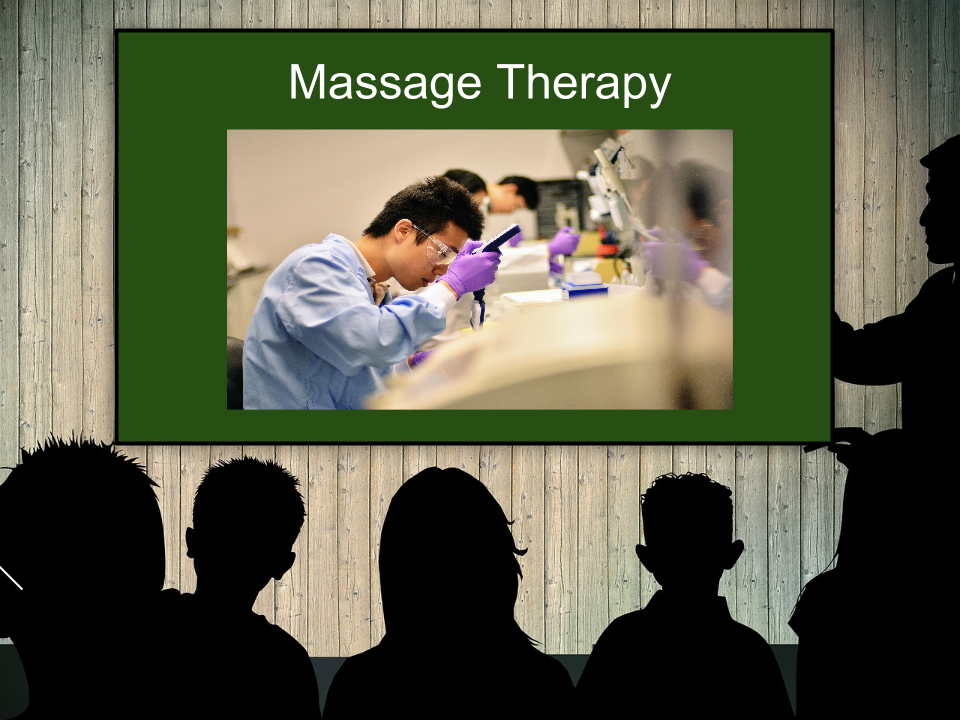It seems that researchers can’t make up their minds why massage works. Some say it benefits the cells of the body because one study found that massage stimulates the part of the cells that promote cell repair. Others point out that the same study showed that massage reduces the production of cytokines. This lowers inflammation by shutting off the genes that produce inflammation.
Others point to the effect of massage on stress hormones such as cortisol. Swedish massage decreases levels of these hormones. At the same time, the production of “happy hormones,” dopamine and seratonin, increases with massage. If you want to increase oxytocin, the love and trust hormone, get a light touch massage.
Therapeutic massage stimulates the production of white blood cells and T-cells, important actors in the immune system. At the same time, massage increases the flow of blood and lymph through the body, speeding up the ability of the body’s systems to repair and release cellular waste.
Massage profoundly impacts the nervous system in several ways. If nerves are impaired by the pressure of tight muscles, the result can be pain, numbness or tingling. Nerve impairment can also result from tight, restricting connective tissue called fascia. Releasing the fascial and muscular restrictions through myofascial release allows the nerve (and surrounding muscles) to function normally. And even light touch can benefit the nervous system by engaging the autonomic nervous system, encouraging relaxation and body repair. Light touch massage on the hands and feet only showed significant reduction of the heart rate, indicating stress reduction. Also, massage can have and educating effect on the nervous system regarding muscle length. Massage gives input to the nervous system, allowing it to adopt a “new normal” relaxed muscle length creating a muscle tone that is healthy and balanced (by reducing neuromuscular excitablity).
Other experts look to the psychological effects of massage. Not only does it assist with enhancing mood and even helping with depression, but the ease we feel from massage also shapes our perceptions of what we experience after the massage. In essence, when we are happy, at ease and feeling good, the world looks better to us, and we notice good things. This happier world view may be more important that just having a good day. One study found that, “how a person thinks about stressful life events determines the level of stress he experiences.” Many massage therapists believe that having a ease filled body helps with this life coping process.
Of course, massage is only one part of any person’s health and wellness regime. It works so well with medical care from doctors, physical therapists and other modalities such as chiropractic, acupuncture and energy healing. And ultimately, a person’s health depends mostly on their healthy lifestyle and self care. Nonetheless, I am happy to be a part of a profession that brings so much help to the people who walk through my door.
